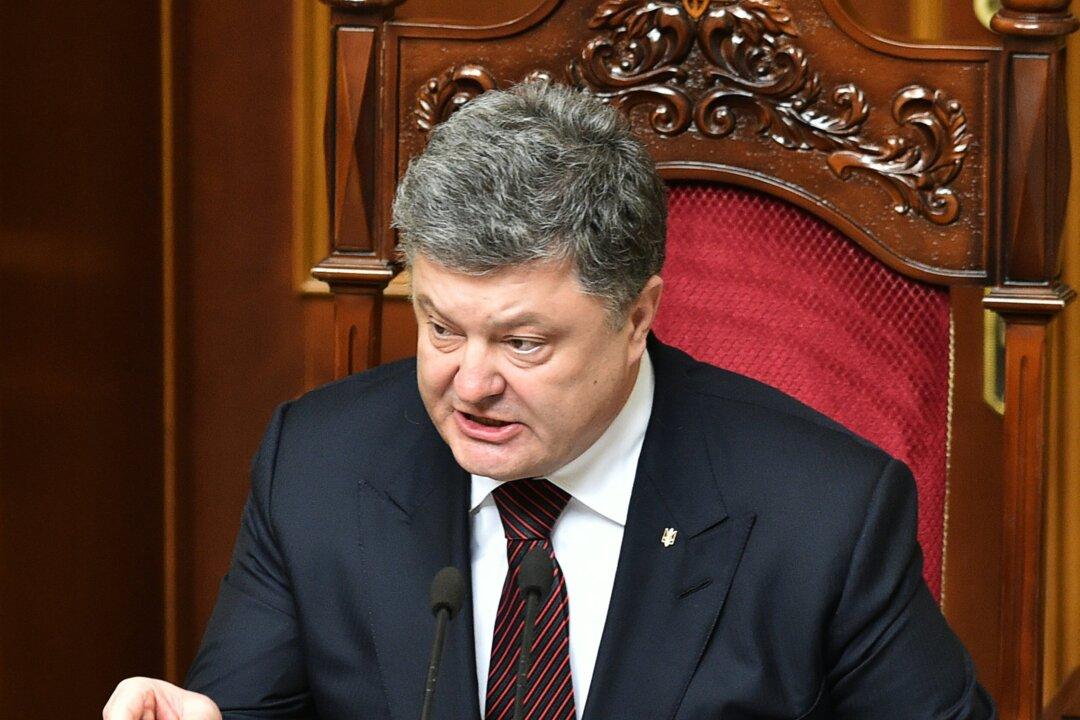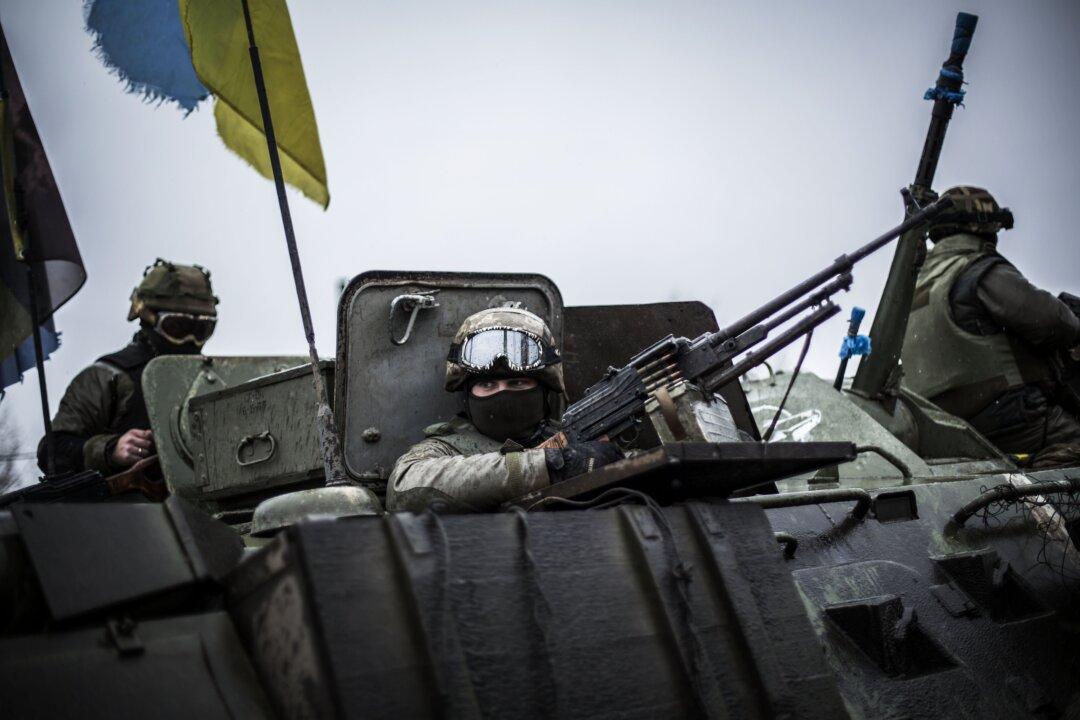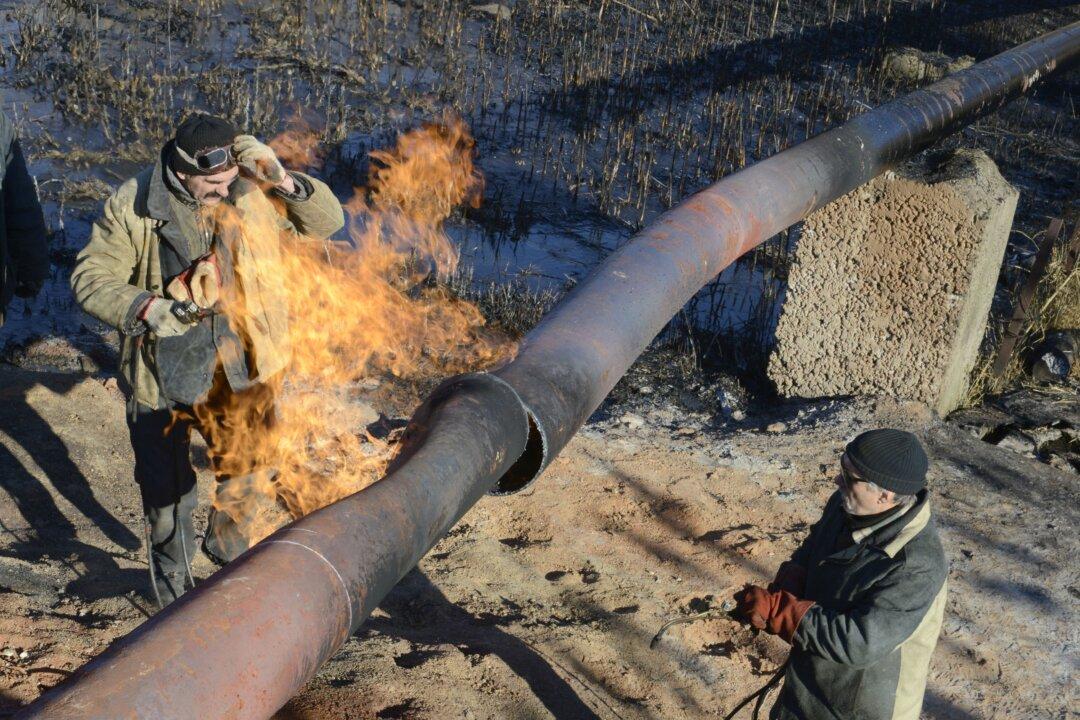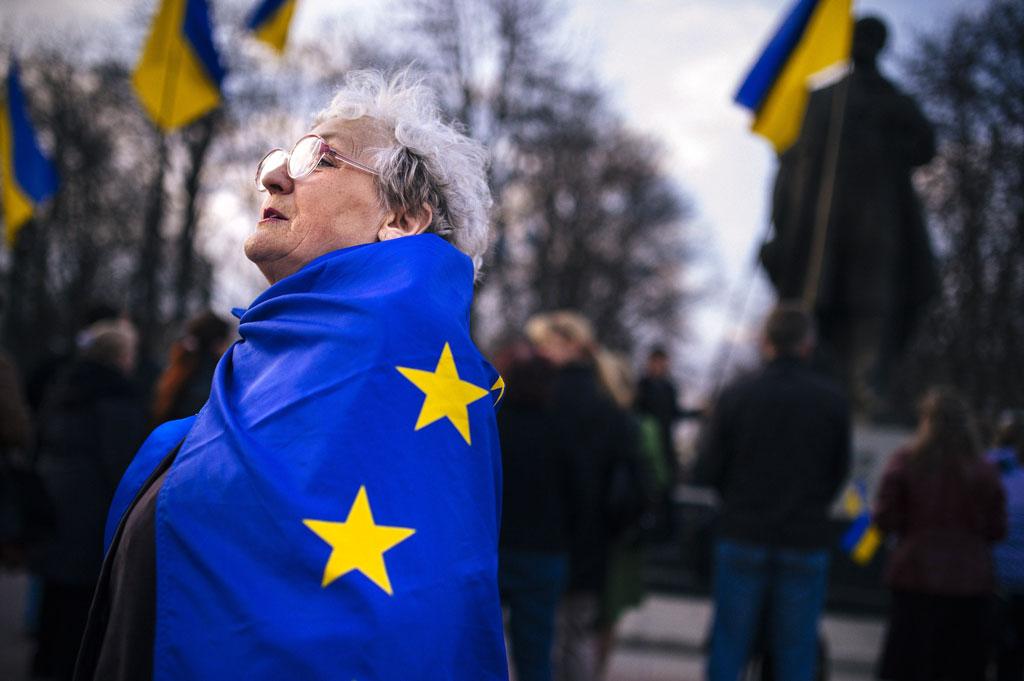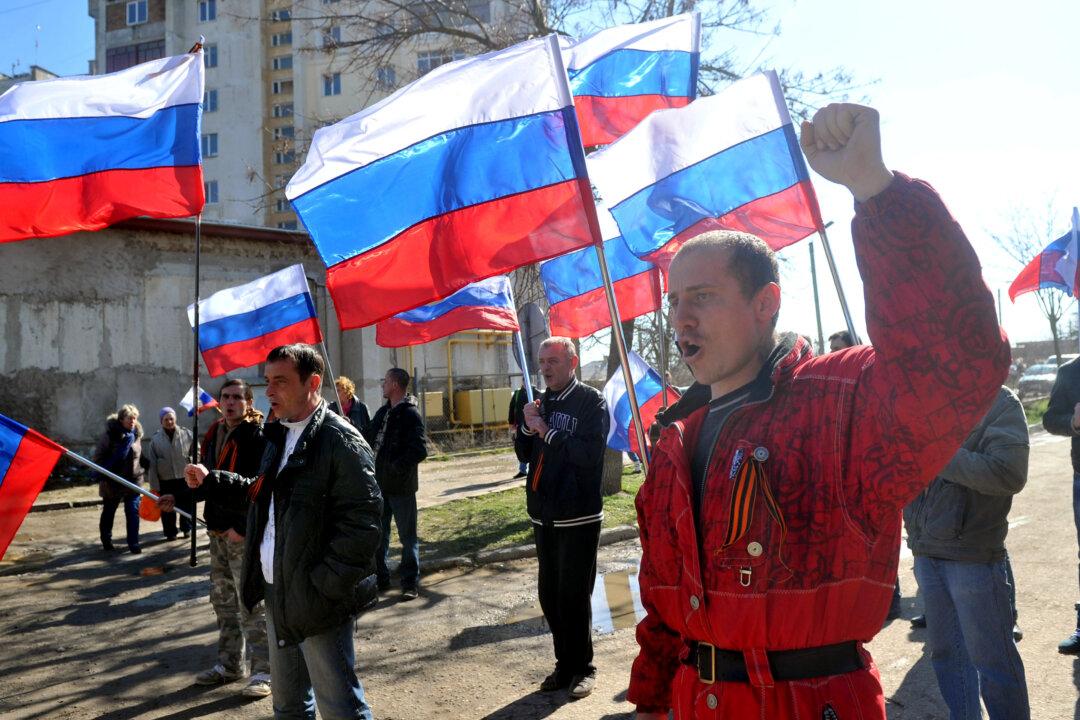The Verkhovna Rada, Ukraine’s unruly parliament, voted on April 14 to accept the resignation of Arseniy Yatsenyuk, leader of the People’s Front party. The prime minister, who has been in post since the Euromaidan uprising in February 2014, reluctantly announced on April 10 that he intended to leave office.
President Petro Poroshenko’s eponymous parliamentary bloc narrowly approved the appointment of the current speaker of the parliament, Volodymyr Groysman, who has long been closely associated with the president, as Yatsenyuk’s successor. As horse trading took place in recent days over the ministerial line-up, it was unclear whether Groysman would garner the necessary 226 votes to be confirmed as prime minister, but he was finally approved with 257 votes to 50.
Why Yatsenyuk Resigned
Yatsenyuk bitterly complained that he had been forced out of office by venal personal ambition which had generated what he termed an “artificial” political crisis. Yet, while Ukrainian politics is pathologically personalized and conducted with a large measure of cash-fueled political trickery, the political crisis, as he surely knows, is very real.

